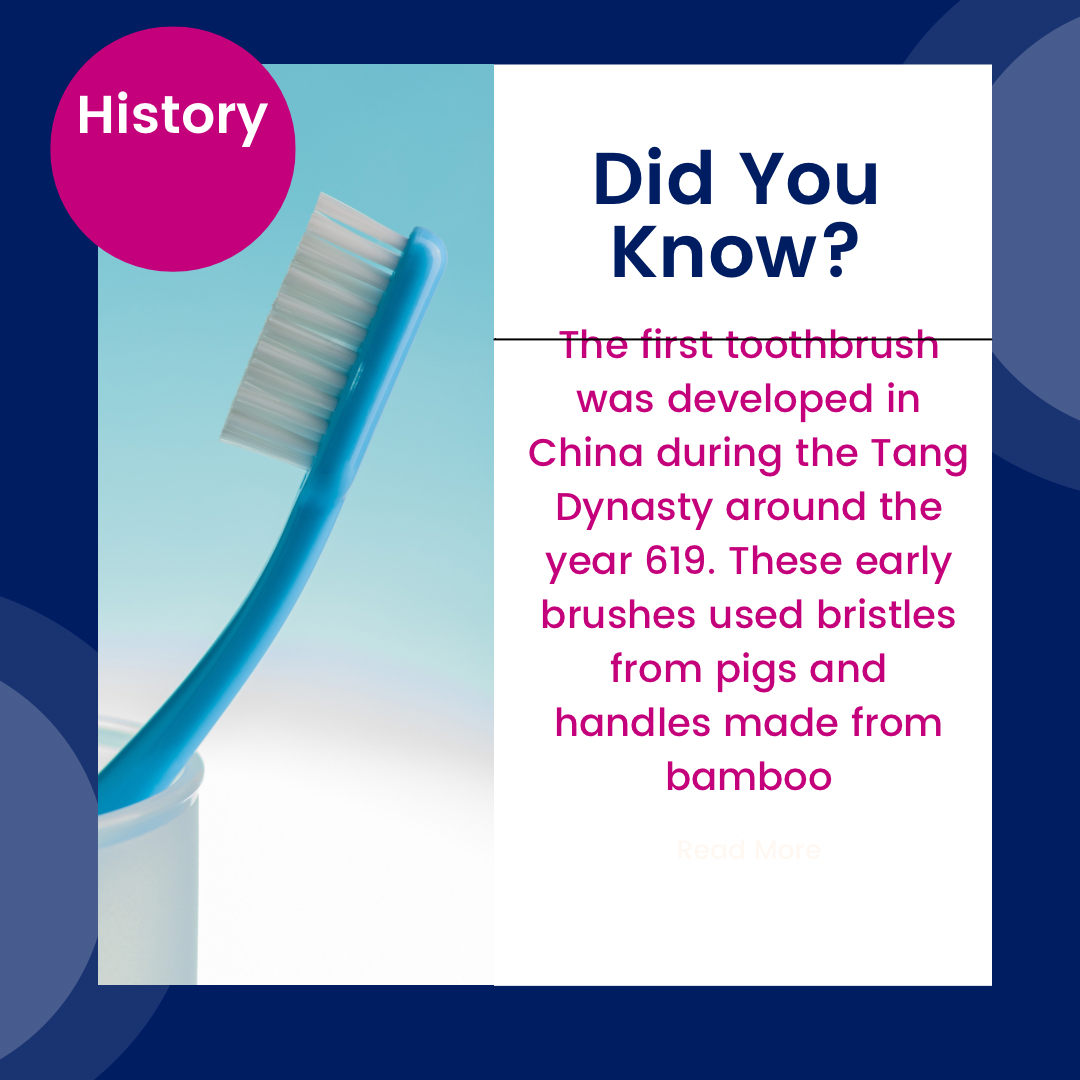When Were Toothbrushes With Nylon Bristles Developed?
The development and commercialisation of nylon toothbrush bristles, a significant advancement in dental hygiene, occurred in the 20th century. The transition from natural bristles to nylon marked a key evolution in toothbrush design.
1. Background and Early Bristles:
- Prior to the introduction of nylon, toothbrush bristles were typically made from natural materials, particularly animal hair, such as boar or horsehair. While these materials were effective to some degree, they had disadvantages, including poor durability and a tendency to retain bacteria.
2. Development of Nylon:
- Nylon, the first fully synthetic fiber, was developed by Wallace Carothers at DuPont in 1938. This invention was revolutionary and had widespread implications in various industries, including oral hygiene.
3. Introduction of Nylon Bristles:
- The first toothbrush with nylon bristles was introduced by DuPont in 1938 under the brand name “Doctor West’s Miracle Toothbrush.” This was a significant milestone, as nylon bristles were more uniform, resilient, and hygienic compared to natural bristles.
4. Commercialisation and Popularity:
- Following its introduction, the nylon-bristle toothbrush rapidly grew in popularity and soon became the new standard. The advantages of nylon – its ability to dry quickly, maintain stiffness, and resist microbial growth – made it a superior choice for oral hygiene.
- During World War II, the production and use of nylon toothbrushes increased, as soldiers were required to brush their teeth as part of their daily routines. This practice helped popularize the importance of dental care and the use of nylon toothbrushes among the general public.
5. Further Developments:
- Over the years, further innovations were made in toothbrush design and nylon bristle technology. This included the introduction of softer bristles and various bristle designs to improve cleaning efficiency and oral health care.
The transition to nylon bristles in toothbrushes represents a critical point in the history of dental hygiene products, offering a more effective, hygienic, and durable option for oral care. The widespread acceptance and use of nylon-bristle toothbrushes underscore the importance of synthetic materials in everyday health care products.

